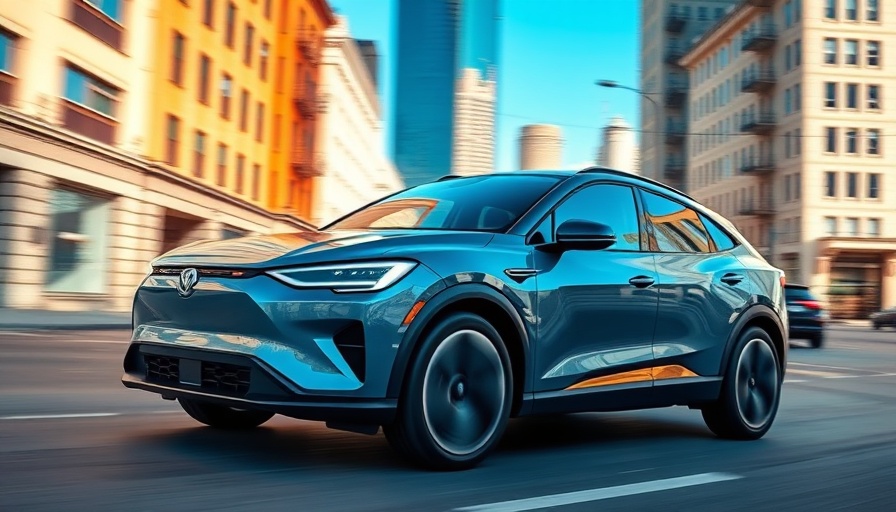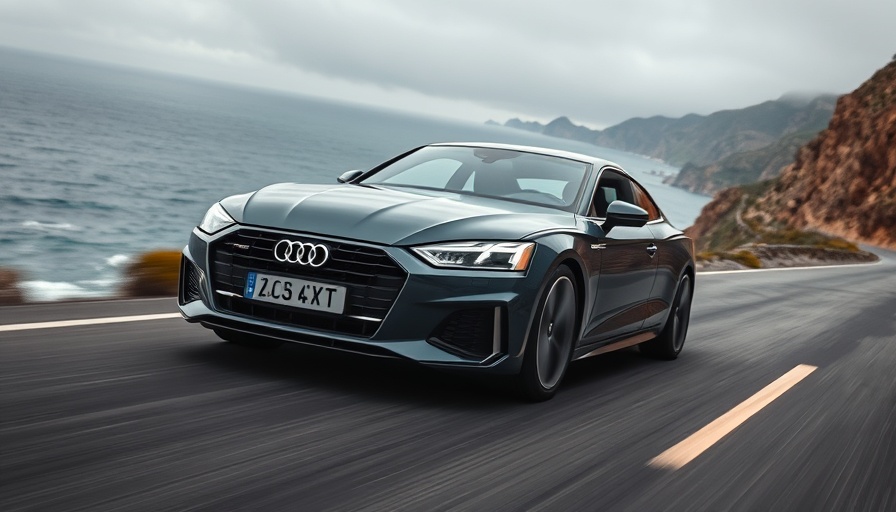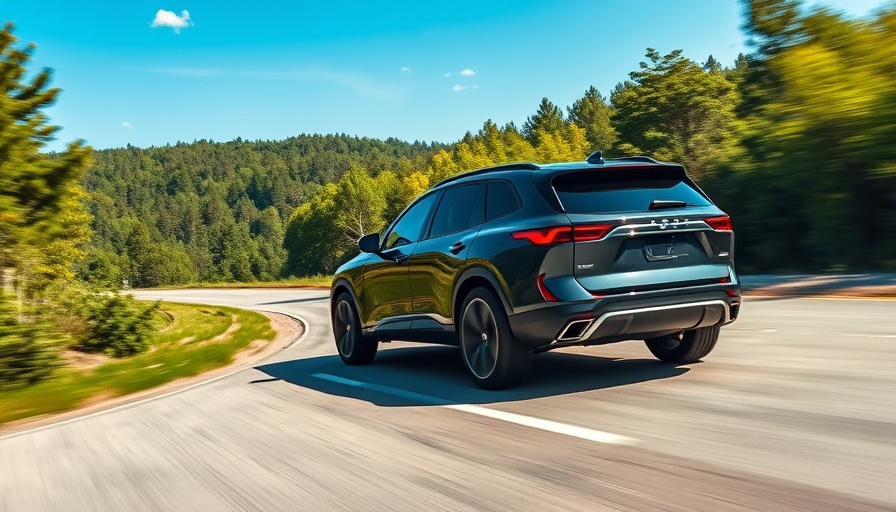
The Race of Electric Charging: Speed Matters
The electric vehicle (EV) landscape is evolving rapidly, with manufacturers continually touting their advancements in charging efficiency. Recently, a rigorous fast-charging test revealed a fascinating ranking of several electric vehicles based on their performance from 10 to 90 percent charge. Among the more than 50 tested models, the Chevy Silverado EV stood out as the fastest while the Toyota bZ4X lagged behind as the slowest. This growing focus on charging times is critical for consumers, especially as the market shifts toward electric propulsion.
Understanding Charge Times: The Real Meaning Behind the Numbers
Charging speeds can be clouded with jargon, making it difficult for potential buyers to grasp the actual implications. The peak charging rate refers to the maximum kilowatt draw an EV can achieve during the charging process, but what's more telling is the average charging rate during the charge from 10 to 90 percent. This average gives consumers a clear picture of how quickly they will be back on the road after charging. For instance, the Silverado achieved a staggering average of 198 kW with a peak of 315 kW, resulting in a swift nine-minute charge. In contrast, the Toyota bZ4X, while equipped with impressive technology, fell notably short.
Fastest vs. Slowest: The Impact on Daily Driving
This disparity in charging times not only affects the user experience while driving but can also influence purchasing decisions. Drivers using the Chevy Silverado EV can quickly recharge during long trips or daily commutes, making it a practical choice for those who value efficiency. The driving experience is enhanced when less time is spent charging. On the flip side, potential buyers might reconsider the bZ4X due to its slower charging capabilities, which could lead to longer wait times and inconvenience during trips.
Innovations in Electric Vehicle Technology: Where Is It Headed?
The latest test results highlight an ongoing trend in EV technology – battery efficiency and charging performance are critical metrics for the success of electric models. A significant discovery from the tests is how manufacturers, particularly the Hyundai Group, set a benchmark with their E-GMP family of EVs, proving that efficient charging is achievable. As more consumers lean toward electric options, these advancements will define the future of automotive travel.
Diverse Perspectives: What's Next for EV Charging?
Counterintuitive to the notion that all electric vehicles are created equal, the charging capabilities vary widely among different models. This means that diverse perspectives on what constitutes an effective EV must be considered. While some consumers may prioritize range, others will evaluate charging speeds as essential. Buyers need to weigh these factors based on their lifestyles, which will take precedence—charging speed or vehicle range?
Conclusion: Make Informed Decisions in the EV Market
As we navigate the evolving EV landscape, understanding these charging dynamics is vital for consumers and industry professionals alike. With varying speeds and charging technologies, prospective buyers should consider their daily needs and driving habits when selecting an EV. The revelation of the fastest and slowest chargers sheds light on critical factors influencing the electric vehicle market. Therefore, it is imperative to stay informed about the technological developments in automotive charging systems.
 Add Row
Add Row  Add
Add 




 Add Row
Add Row  Add
Add 

Write A Comment